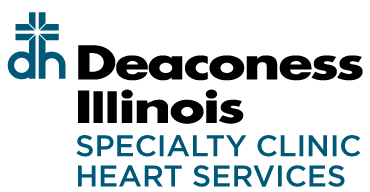Conditions Treated
Heart Attack
A Heart attack occurs when plaque (waxy, fatty substance) builds up in the arteries, and blood cannot pass through. This stops blood from reaching the heart, which results in a variety of symptoms, including intense chest pain, pain in the jaw, arms or back, nausea, cold sweat, sudden fatigue and shortness of breath.
Heart Arrhythmia
There are a variety of arrhythmias, but all of them mean your heart is beating irregularly, whether it beats sporadically, too quickly, or too slowly. These atypical conditions can be present at birth or develop at any age or stage of life and can be caused by electrical malfunctions or anatomical irregularities within the heart. Depending on the type and severity of the arrhythmias, treatment options range from medication to pacemaker placement to surgery.
Congestive Heart Failure
Also known as CHF, congestive heart failure occurs when the heart doesn't have the strength necessary to pump blood through your body. Whereas heart attacks occur because blood can't travel through plaque-filled arteries. CHF occurs because the heart muscle grows weak or stiff. When this happens, the heart failure results in shortness of breath like the feeling of being out of breath after a race. Many patients describe it as the feeling of just having run a marathon.

